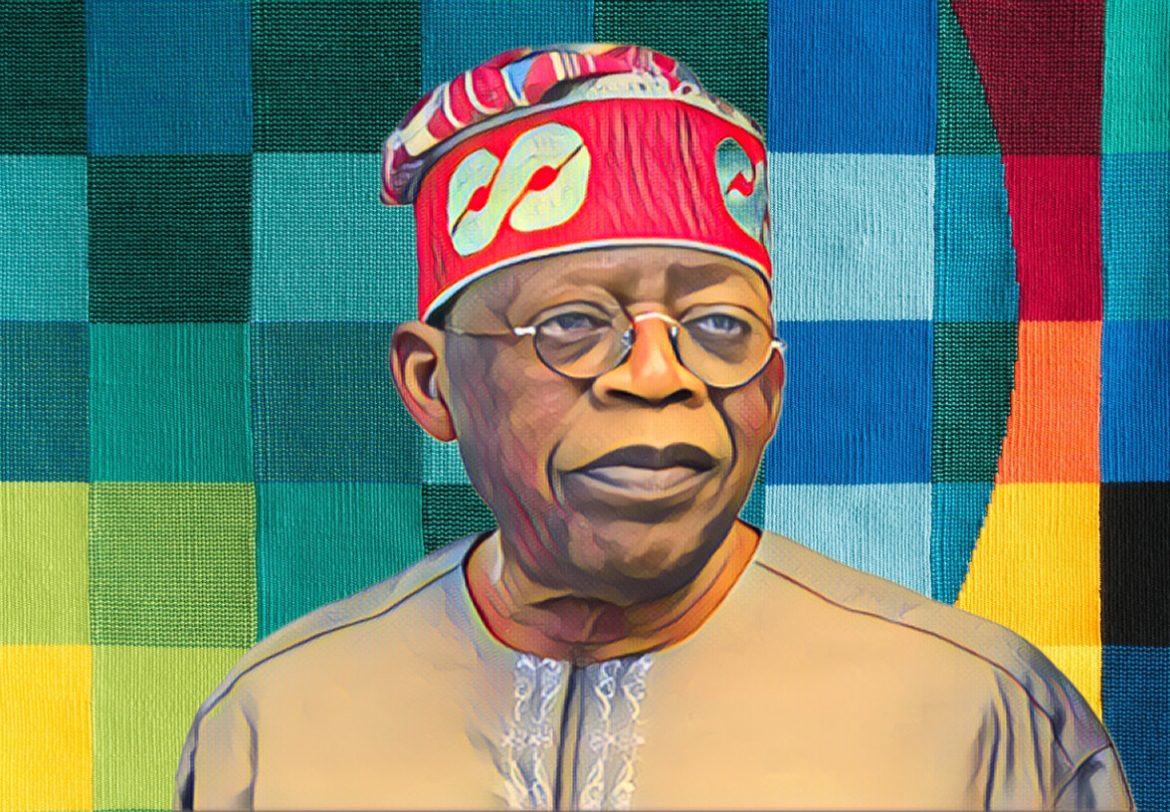President Bola Tinubu of Nigeria has rejected the calls for his resignation by the opposition governors, saying he will not be distracted by their attempts to undermine his administration. The president’s spokesperson, Mohammed Idris, the minister of information and national orientation, issued a statement on Sunday, defending Tinubu’s record and accusing the governors of the People’s Democratic Party (PDP) of seeking power through intimidation.
The PDP governors had earlier demanded that Tinubu should resign if he cannot address the economic challenges facing the country, such as rising inflation, unemployment, poverty, and insecurity. They also criticized the president for his handling of the Dangote refinery project, which they claimed was a scam and a waste of public funds.
However, Idris said that the president was not overwhelmed by the current difficulties and would continue to work hard to fulfill his vision for a new Nigeria. He said that the president had inherited a mess from the previous PDP administration, which had failed to deliver on its promises of transformational change. He also said that the president had generously supported all the state governments, regardless of their political affiliation, and had removed the petrol subsidy, which had increased their revenues.
Idris listed some of the achievements of the Tinubu-led administration, such as the passage of the Petroleum Industry Bill (PIB), the construction of new refineries, the revamp of existing ones, the decimation of Boko Haram and other terrorist groups, the clearance of several liabilities left behind by the PDP government, and the implementation of large-scale infrastructure and social welfare programs. He said that all these had been done without access to the oil windfall that the PDP government enjoyed for much of the time that it was in power, and also amid the global shock of the COVID-19 pandemic.
He urged the PDP governors to stop distracting the president and instead focus on the work they were elected to do in their respective states. He said that the president had never shied away from acknowledging the pain of the ongoing reforms, and had assured Nigerians that the reforms would yield lasting prosperity and national development.
The statement by the minister came as Nigeria’s economy faces a tough outlook in 2024, with the International Monetary Fund (IMF) projecting a growth rate of 2.9%, below the population growth rate of 3.2%. The IMF also warned that Nigeria’s public debt could rise to 40% of GDP by 2024, from 35% in 2023, and that the country’s external reserves could fall to $32 billion, from $36 billion in 2023. The IMF urged the Nigerian authorities to implement more fiscal and monetary reforms, such as increasing tax revenues, reducing fuel subsidies, and allowing a more flexible exchange rate.
Meanwhile, the Dangote refinery, which is expected to start operations in the first quarter of 2024, has been hailed by some analysts as a game-changer for Nigeria’s economy, as it would reduce the country’s dependence on imported petroleum products, increase its trade surplus, and create thousands of jobs. The refinery, which is owned by Africa’s richest man, Aliko Dangote, has a capacity of 650,000 barrels per day and is the largest single-train refinery in the world.
Source: BusinessDay


